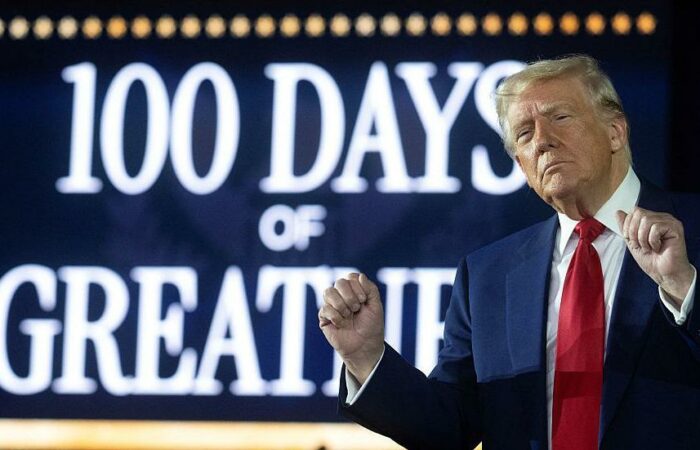Maria Demertzis*
When the extreme right party National Rally won first place in the European elections earlier this June, President Emmanuel Macron felt that confidence in the governing coalition was seriously compromised. His party took only 15% of the vote, compared to 32% for the NR. Macron therefore called snap parliamentary elections. His bet was that more people would come out to vote and, shocked by the prospect of a far-right prime minister, would vote more “prudently”.
He wasn’t wrong, or not entirely so. The NR’s success continued in the first round of the parliamentary elections on June 30. But in the few days that elapsed between the two rounds, a group of left -leaning parties came together to form the New Popular Front, which managed to overturn the result, capture the most seats, and even push the National Rally to the third position, behind Macron’s alliance, which came second.
What to make of this unprecedented turn around? First, the good news. The French public is not as supportive of the extreme right as we thought it might be. With turnout at 63%, the highest in four decades, Macron was right to take the bet. However, the NPF’s sudden victory means that domestic economic policy is still a cause for concern.
Some of what is put forward is of course welcome, including investments in the green and digital transitions and policies to reduce inequality. But beware: Increasing spending without raising taxes (or even decreasing taxes) is an illusion when the debt is at such high level and France is being closely monitored by the European Commission. In fact, the EC has already reprimanded France for the scale of its debt. In practice, this means that come September when all European Union countries submit their annual budget for approval, France will be required to submit a credible plan for reducing its debt in the next four years.
All eyes now are on what coalition is formed, since the NFP did not win enough seats to govern on its own. The first questions are who will be the prime minister (how far to the left this person might be) and what new economic program will be agreed. France does not have much experience at coalition formation, which adds to the complexity. It’s entirely possible no agreement will be forthcoming, in which case new elections will eventually have to happen. That can’t happen for another year under the law. But Macron does not want another vote. He will prefer to pay whatever price he needs to form the “cohabitation,” an arrangement in which the president shares power with a prime minister from another party.
And if that other party includes members at the fringes of the new left front, public finances will remain an issue. The markets have not panicked yet, pending a decision on the new prime minister. We are probably not likely to hear before the Olympics start in late July. How far the new government must shift to the left, however, is a source of concern. Also, if the new coalition manages to reverse the pension reform that Macron had so painstakingly achieved, France will make no friends in the rest of Europe. We are in for a bumpy summer, and an even bumpier fall when budgets need to be prepared.
On the whole I would argue that this bet has partially paid off for Macron. He is weakened but not eliminated. And he is still the president. Naturally, forming a new government won’t be easy, and I am still trying to get my head around the idea of how one man’s political gamble can cause so much trouble in one country but also in Europe. A two-round voting system has allowed France, for the moment, to dodge the extreme-right bullet. But it has also allowed for Jordan Bardella, the NR’s would-have-been prime minister, to be sent to the European Parliament to lead the newly formed extreme right party, Patriots for Europe. It would be ironic if that ends up being Macron’s presidential legacy. But then that is why we call it a gamble. You may win, or you may lose.
*Maria Demertzis is a Senior Fellow at Bruegel, Brussels, and (adjunct) Professor of Economic Policy Florence STG, European University Institute.




